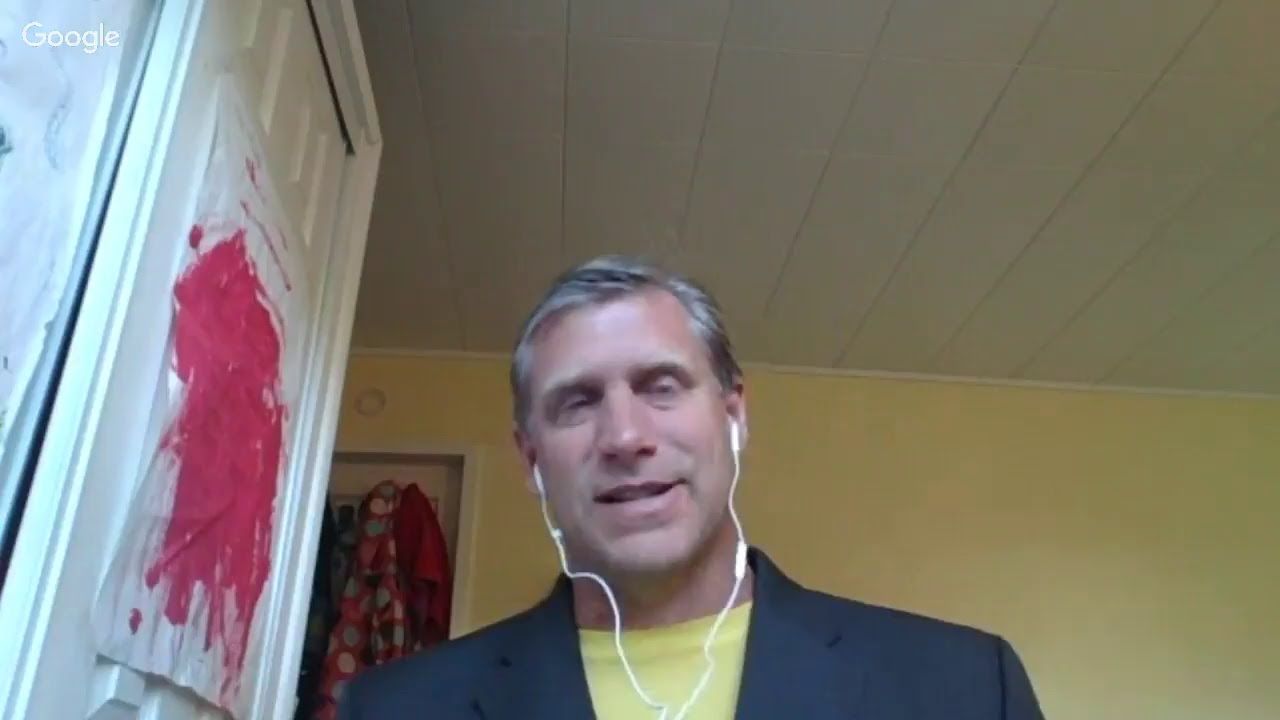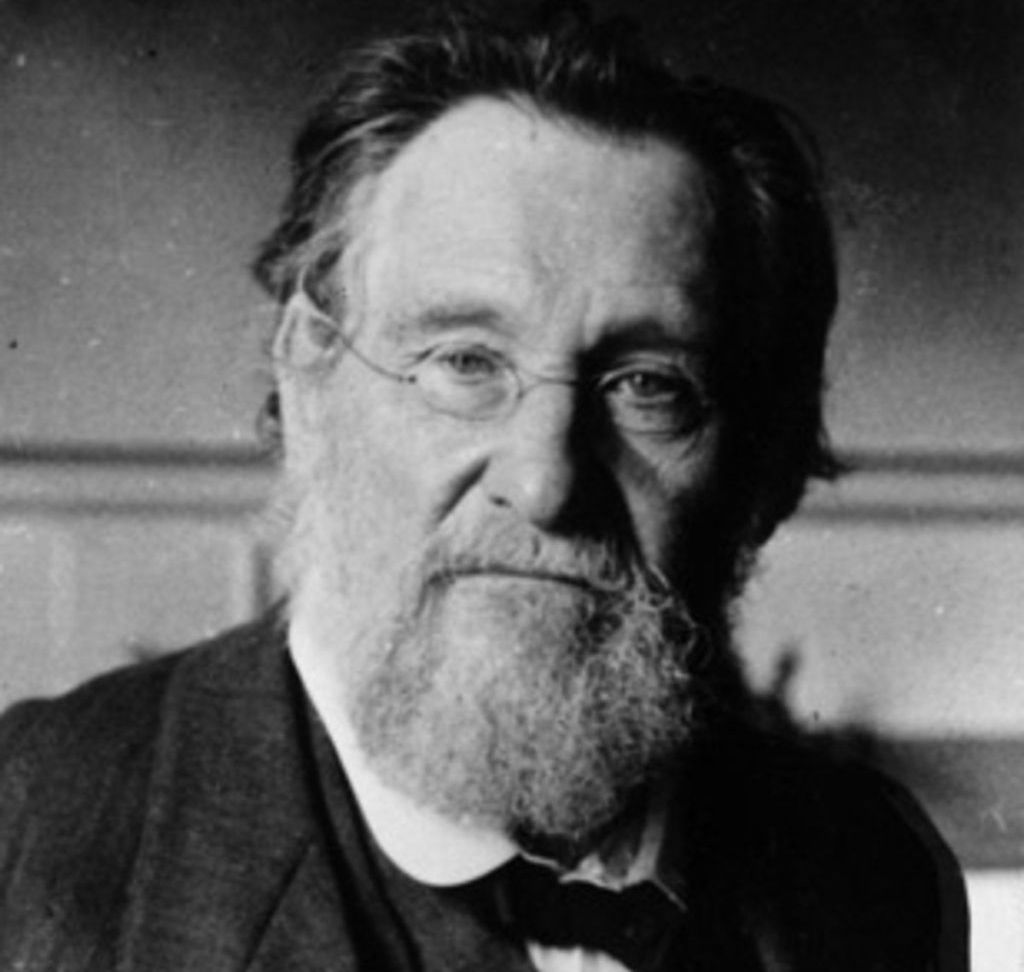May 15, 2017
Ageing has its good sides
Posted by Nicola Bagalà in categories: biotech/medical, education, life extension, time travel
Sometimes, albeit rarely, people object to rejuvenation biotechnologies saying that ageing has its pluses too, thus subtly implying that we should leave it alone in order not to lose these pluses. The thing is, they’re not talking about the same kind of ageing that science is trying to undo. They’re mixing up chronological and biological ageing, and they’re not at all the same thing.
This objection is very simple to explain and even simpler to dismantle, because it boils down to a gross misunderstanding.
Whoever raises this objection generally says that with ageing comes experience, that later in life people are generally happier, more accomplished, and so on. I have nothing to object to that, except that all those nice things are a (possible) consequence of chronological ageing, most definitely not of biological ageing. It is not very often that people mix the two up, but at times they do, so let us clarify once and for all what the difference is.
Chronological ageing is nothing more, nothing less than the passing of time. Becoming chronologically older simply means that the time you’ve existed for is getting longer. There’s nothing wrong with it, and no one (to my knowledge) wants to stop, ‘cure’, or reverse chronological ageing—especially because that would be a bit complicated to do and it would have annoying side-effects, such as time freezing or rewinding your life back to your elementary school years, possibly dragging the entire universe along, and would do nothing to eliminate the ill health of old age. Doesn’t sound like a lot of fun—and I speak as a chap with a thing for time travel.

















